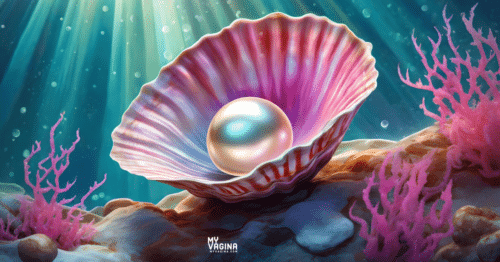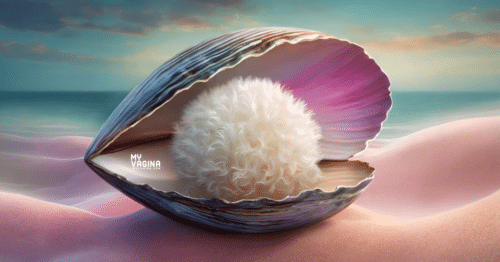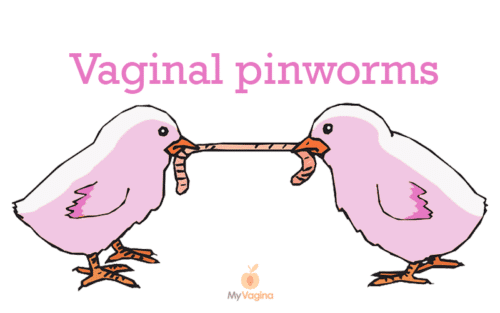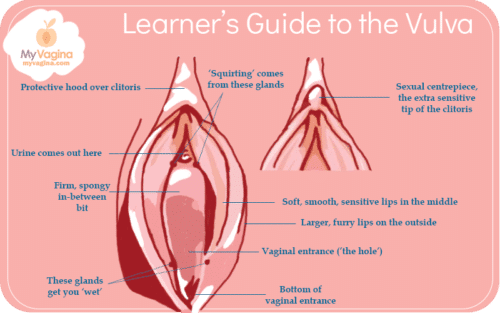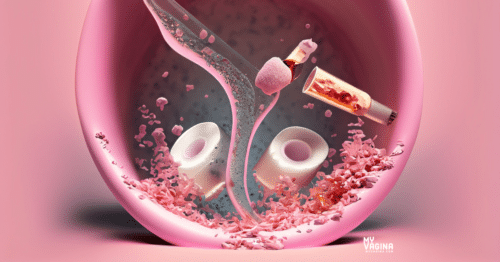Know your anatomy
Understanding how your child’s vulva and vagina are different to an adult woman’s is important, since it’s possible that your only experience with vaginas is in a sexual context with an adult. This is helpful, but only up to a point. Men in relationships with other men with very little experience in looking at or touching vulvas and vaginas may need a few more lessons.
This relationship to sexual contexts, and a lack of knowledge about any female’s body, can make men shy away from making important investigations and decisions about their daughter’s body. While this is understandable, with a bit more knowledge on what’s going on inside and out, you can feel confident in making executive care decisions. Knowing the anatomy of a child’s vulva and vagina is your first step.
Part of knowing the anatomy of a girl is calling things by their real names.
Call me by my name
You may be calling your daughter’s vagina or vulva by a name other than it’s real name, and now is the time to stop that cold turkey, and start naming body parts accurately. This is about much more than your possible embarrassment, and becomes a safety mechanism that you arm your daughter with.
Naming body parts accurately is important for a few reasons:
- If something goes wrong, your daughter can name at least the area that is sore accurately to you or to a doctor
- You and your daughter should feel comfortable referring to body parts by their real names, just like you would an arm or a foot
- Using proper names stops kids feeling the shame of their parents around their bodies – don’t give your girl a hangup – she’s already got a pretty hard run ahead of her
- If someone touches her inappropriately, your daughter can confidently speak up – ‘down there’ is pretty vague and can cause either unnecessary alarm or a lack of alarm when it is required
- Teach her the body parts of boys too
- Be prepared for your daughter to humiliate you inadvertently! Don’t tell her off for things that aren’t actually bad and use it as a teaching moment and laugh
To know what her body parts are called, you’ll need to check out the diagrams. You will need to be the judge of how much she needs to know based on her age and comprehension.
The most important names relate generally to the vagina and vulva – the inside is the vagina and the outside is the vulva. There is actually not one single name in English for the whole vulvovaginal area. Most people just call it the vagina, and mean the whole area, which is fine up to a certain point.
As she gets older and other things possibly go wrong, you can teach her other names for other areas, like vulva, labia, anus, clitoris, and perineum. You can do this teaching on a need-to-know basis as your child grows, but don’t shy away from it if it doesn’t come up. Take your educational moments where you can, so that if later something comes up, your daughter has her words. This means she’ll also have her words if something happens to her and you aren’t around to translate.



